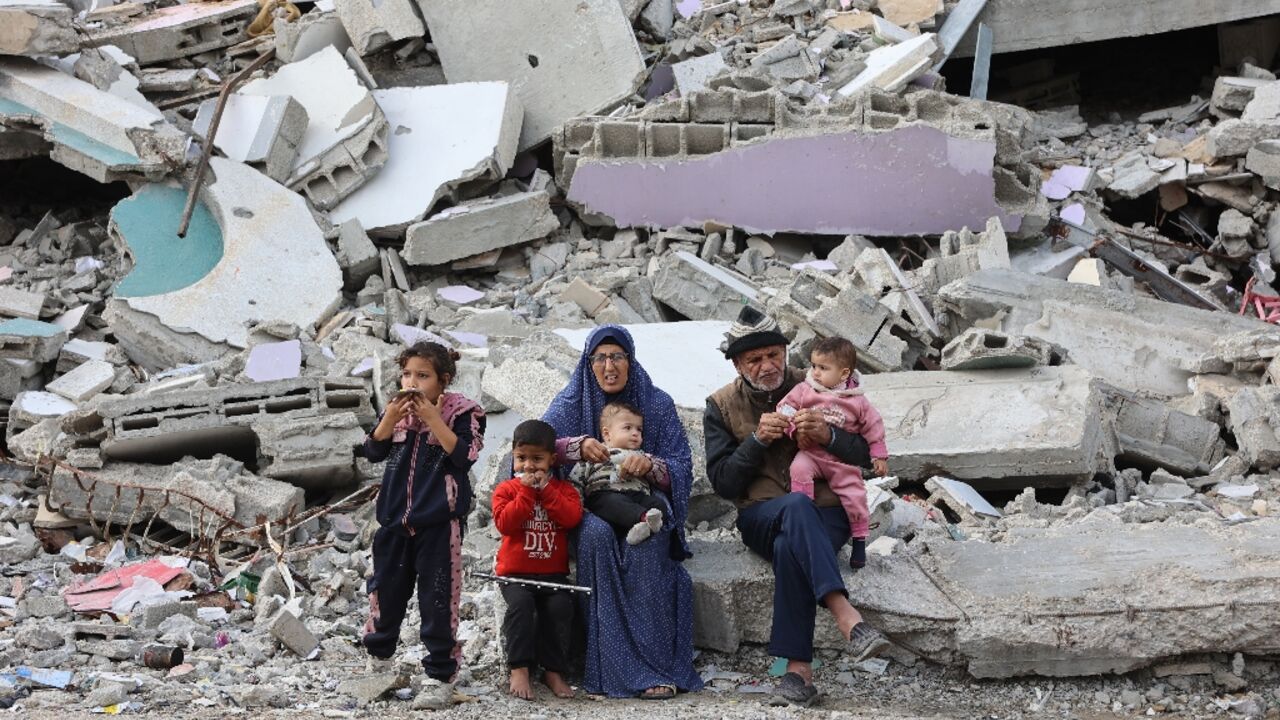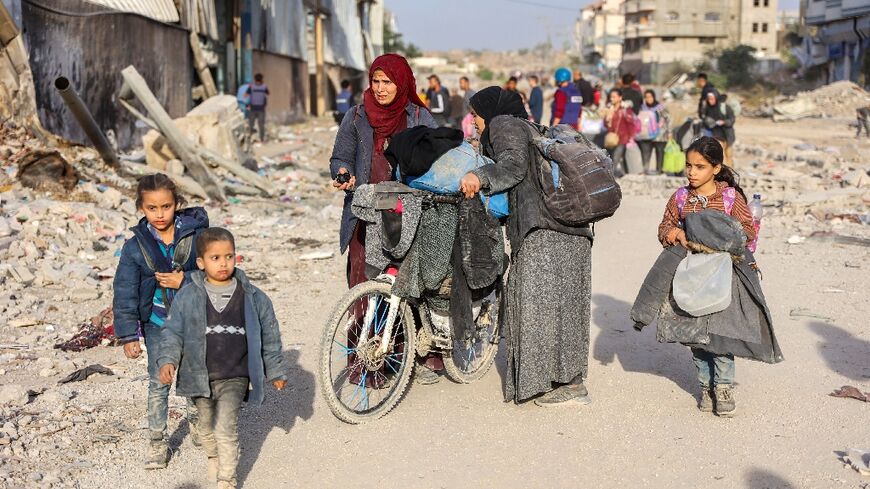Gazans at long-term risk from war remnants: NGO

International humanitarian NGO Danish Refugee Council warned on Monday that Gazans are at long-term risk from unexploded and unused ordnance in the densely populated Palestinian territory.
"These remnants of war, which fail to detonate upon impact or may have been abandoned during warfare, pose a long-term threat to civilian populations, often causing injuries and deaths long after the fighting ceases," said DRC's Corinne Linnecar.
The NGO, which has a presence in the Gaza Strip, said in a report that ammunition, exploded or otherwise, can be found in many populated areas of the territory.
The report said 70 percent of Gazans have returned to areas where there has been active combat, raising the risk of their coming into contact with explosive materiel.
With the territory in the grip of a humanitarian crisis and very little aid getting in, Gazans in desperate need of basic goods have "sifted through rubble for essential supplies" but where they can also encounter munitions.
Longer-term healthcare services are also nearly non-existent, DRC said.
"Only 19 percent of explosive ordnance victims receive emergency first aid, and long-term medical support is virtually non-existent," the report said, noting that children are especially at risk because they can confuse munitions with toys.
"Israel is using weapons indiscriminately in civilian areas over and over again, in a way that is in violation of international humanitarian law," Linnecar told AFP.
Even before the current war, explosive ordnance was already a problem in Gaza, after repeated Israeli bombardment over the years.
"The remnants of war will continue to claim lives long after the fighting ceases," DRC said.
The war in Gaza erupted after Hamas's attack on Israel on October 7, 2023, which resulted in the deaths of 1,206 people, mostly civilians, according to an AFP tally of Israeli official figures.
Israel's retaliatory campaign in Gaza has killed at least 44,235 people, most of them civilians, according to data from the Hamas-run territory's health ministry, which the United Nations considers reliable.





